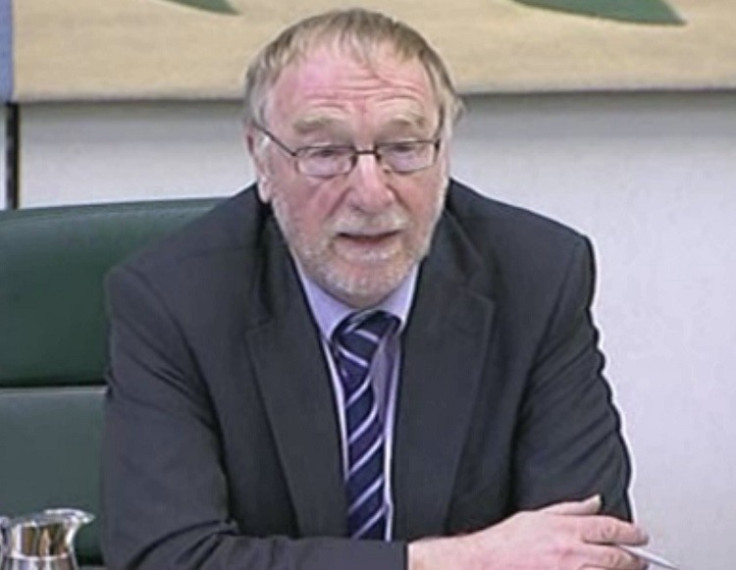Royal Mail: Goldman Sachs Faces 'Further Questions' from Parliament on Controversial Valuation Advice

Goldman Sachs faces the prospect of further scrutiny by parliament over its advice to the UK government on the flotation of the Royal Mail as the chairman of the influential Business Select Committee declares that there are "further questions to be asked".
It follows the publication of a Goldman research note by the bank's analysts suggesting a target price of 610p for Royal Mail. Goldman, alongside Swiss investment bank UBS, advised the government to set the offer price at 330p in Royal Mail's initial public offering, a decision that has been heavily criticised on the accusation it seriously undervalued the firm.
In separate hearings at the business committee, the government, Goldman and UBS all told MPs that industrial relations was a major risk factor weighing on the offer price, because of a looming pay dispute and the prospect of strike action by the Communication Workers Union (CWU).
However, Goldman's research note plays down the industrial relations risk and insists it would have little if any impact on the investment case for Royal Mail shares.
"It confirms I think all the suspicions that between what the advisers were telling the government and what the advisers really felt was they potential of the company there was an enormous variation," Adrian Bailey MP, chairman of the business select committee, told IBTimes UK.
"You have to question why there is this analysis now and another analysis at a much lower price that they defended vigorously only just over a week ago. What's happened that's different and what information is different now than what they had before?"
He added: "Arising from this I think there are further questions that need to be asked."
Bailey said he would look again at the transcript of the committee's past hearing with Goldman Sachs before discussing how to proceed with fellow committee members. He said he wanted to maintain a "robust consensus" on the committee. Goldman could face another hearing or a series of written questions from parliament over the affair.
"I'm going to go through the transcript of their contribution again to single out areas where I think in the light of this publication we need to revisit some of the comments they made to the committee," he said.
"The immediate question that comes to mind is how much of this exercise could they have done when they were carrying out their role as bookrunners and advisers to the government?
"Because their analysis is very thorough and very positive and certainly plays down issues such as industrial relations, which the government has said was a major factor in deciding to pitch the flotation price at the level they did."
Stressing that he was now giving "a personal view, not a committee one", Bailey attacked Business Secretary Vince Cable and Business and Enterprise Minister Michael Fallon for what he perceived as a politically-motivated valuation of Royal Mail.
"I think this sale had a high political risk to it. Therefore their instinct was to go for an option which had the lowest possible political risk," he said.
"They were very happy to have what appeared to them to be legitimate valuations done which conformed and confirmed to their political instincts. As a result, they disregarded other assessments which would have been much better for the taxpayer.
"In summary, I would say they put their concerns about the political risk before any concerns about value for the taxpayer."
© Copyright IBTimes 2025. All rights reserved.






















